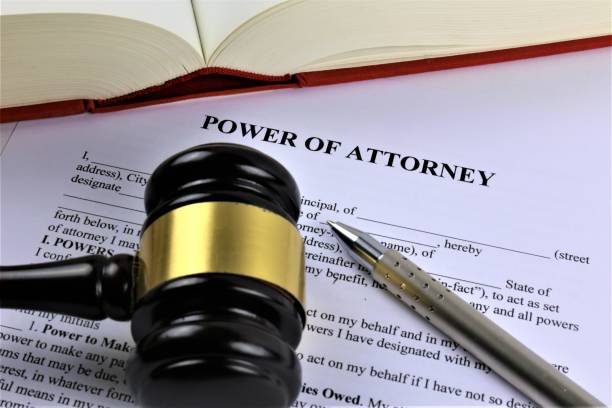Planning your estate can be emotional. You want to ensure your wishes are honored, and a Power of Attorney (POA) is crucial. It gives someone the authority to make decisions for you if you cannot. This step is essential for protecting your interests. You choose a trusted person to manage your financial, medical, or legal matters. A POA can prevent family disputes and ensure your needs are met. Without it, a court may decide for you, often leading to stress and confusion. Mannor Law Group helps you understand the importance of this document in your estate plan. Choosing the right person requires trust and foresight. Think about who will respect your values and wishes. A well-structured POA secures your future, providing peace of mind. Remember, planning now ensures comfort later for both you and your loved ones.
Understanding Power of Attorney
A Power of Attorney is more than just a document. It is a tool that ensures your affairs are managed according to your preferences. The person you appoint is known as your “agent” or “attorney-in-fact.” This person acts on your behalf in financial, healthcare, or legal situations. Choosing someone responsible and trustworthy is crucial. If you do not have a POA, decisions about your health and finances might be made in ways that do not align with your values.
Types of Power of Attorney
There are different types of POAs, each serving a unique purpose. Understanding these can help you decide what suits your needs best.
- General Power of Attorney: Grants broad powers to your agent to handle financial and legal matters.
- Limited Power of Attorney: Gives authority for specific tasks or for a limited period.
- Durable Power of Attorney: Remains effective even if you become incapacitated, offering continuous protection.
- Medical Power of Attorney: Allows your agent to make healthcare decisions if you cannot.
Table: Comparing Types of Power of Attorney
| Type | Scope | Duration |
| General | Financial/Legal | Ends if you become incapacitated |
| Limited | Specific tasks | Defined period or task completion |
| Durable | Financial/Legal | Continues if you become incapacitated |
| Medical | Healthcare decisions | Active if you cannot decide |
Why You Need a Power of Attorney
The main benefit of having a POA is peace of mind. Knowing that someone you trust will handle your matters can relieve stress. It also ensures your preferences are respected. Without a POA, your family might face legal hurdles. This can cause unnecessary tension. A POA simplifies complex processes and protects your well-being.
Choosing the Right Agent
Picking the right agent is vital. Look for someone who understands your values and priorities. This person should be reliable and capable of making sound decisions. Discuss your choices with them beforehand. Make sure they understand their responsibilities.
Steps to Establish a Power of Attorney
Creating a POA involves several steps. First, identify what type of POA fits your needs. Consider your current situation and future possibilities. Second, choose a trustworthy agent. Third, consult with a professional to draft the document. Finally, sign the POA in front of a notary. Some states may have specific requirements, so ensure you meet these.
Conclusion
A Power of Attorney is a crucial part of any estate plan. It safeguards your interests and ensures your wishes are honored. Preparing this document now can prevent stress later. Talk with a professional to understand your options. Ensure you appoint someone you trust to handle your affairs. With a POA, your family can avoid legal challenges, and you can secure your peace of mind. Planning your estate is an act of care for you and your loved ones. It provides clarity and protection for your future.


